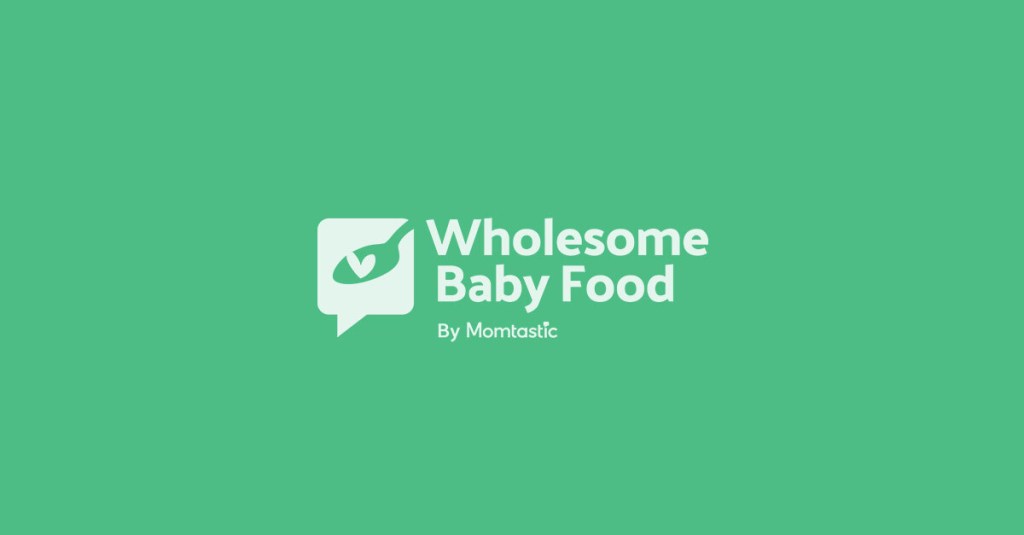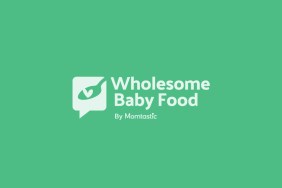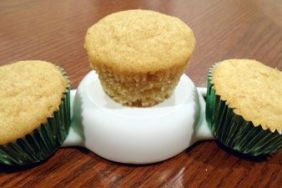Be prepared during an emergency, baby food safety and baby needs list
In May of 2006, I was in the Flood Zone in New England (and then again in December of 2008, in the middle of an 11 day power outage due to an ice storm). Here you will find my tips, lists and ideas on what you may need for your family in an emergency situation. Living in an area of New England that was just pummeled by rains and floods, I wanted to discuss baby food in emergencies.
You may also jump to How to maintain your foods in the event of a power outage below.
While I advocate and believe that homemade baby food is better than commercial jarred baby food, I wanted to mention that in times of emergencies it is a good idea to have some jars of baby food on hand. In fact, it’s a good idea to have access to canned and other non-perishable foods as well. Have you created an emergency cupboard full of foods and drinks that would weather a flood, a snow storm or other emergency situation? What do I recommend?
Here’ s peek into our Emergency cupboard to give you an idea:
- 24 cans of various veggies (excluding corn as it is the least nutrient dense)
- 10 gallons of spring water
- 2 boxes of dry powdered milk
- 12 cans of meats (6 large cans of tuna fish, 6 large cans of chicken)
- 25 pounds of rice (brown rice is best but you may need a rice that will cook faster and easier if you are relying on a grill or a wood stove)
- 2 jars of instant coffee and 1 box of tea (hey, in emergencies you don’t want to be left without any coffee do you?)
- 1 large container of dry coffee creamer
- 4 bags of various dried fruits and 2 large containers of raisins
- 2 large jars of peanut butter (the “fake” kind – it will keep better, longer than real peanut butter)
- 4 boxes of whole grain crackers and 2 boxes of Saltine crackers
- 6 packages of rice cakes
- 1 box each of protein and Luna bars (24 bars in total)
- 1 pound of sugar in individual packets (sugar in the raw is preferrable)
- 2 cartons of baby wipes
- 1 sack of toilet paper (12 rolls)
- 1 sack of paper towels (12 rolls)
- paper plates, plastic cups, knives, forks and spoons
- 1 large, fully stocked First Aid kit with extra Hydrogen Peroxide
- feminine products (also serves as wound dressings if ever truly needed.)
- 2 large bottles of anti-bacterial lotion
- Extra batteries for the radio and flashlights
You should think about purchasing a small propane camp stove. This will enable you to cook foods inside in the event your emergency included extremely bad weather. If you have a grill already, ensure that you have extra propane tanks on hand.
Our twin babies are out of diapers and out of “baby food” however we had the following for them in our
Baby’s Emergency Cupboard
- 2 cases of diapers (considering we have twins)
- 2 cartons of Baby Food Veggies (the carton that has 12 jars each in it)
- 2 cartons of Baby Food Fruits (the carton that has 12 jars each in it)
- 6 large cans of liquid formula and 2 large cans of powdered formula – even if you are breast feeding, it would be good to have formula on hand
- various toys and books
This is just a list of things we have set aside. You may wish to include more or leave out a few things. Whatever you do, we hope we have you thinking about emergency supplies.
*Thanks to Melissa on the FB group for suggesting the rice & sugar clarifications*
HOW TO MAINTAIN YOUR FROZEN & REFRIGERATED FOODS IN THE EVENT OF A POWER OUTAGE
A few Key Items to consider if you experience a power outage:
- Foods in the Freezer should keep for up to 48 hours provided the freezer door is kept closed at all times.
- It is a good idea to add ice to the freezer if your power will be out for longer than 48 hours. If this outage occurs during the freezing winter months, after 48 hours you may place your frozen foods outside in a locked and safe container to maintain their frozen state.
- Foods kept in the refrigerator should keep for up to 6 hours. Do not open the refrigerator door for longer than needed or for more times than you need. It is important not to let the warm air into the refrigerator to increase the temperature.
It is important to note the foods that will pose the most possible danger to your health. The University of Minnesota notes the following:
Potentially hazardous foods are those foods such as high protein foods (meat, eggs, dairy) and cooked vegetables that support the rapid and progressive growth of disease causing bacteria.
Food borne illnesses can be caused by bacteria that can multiply rapidly in foods when the food is held in the temperature danger zone (41° to 140°F). Dangerous Foods after a Power Outage
Resources & Learning More:
Safety of Frozen Food During a Power Outage
Before Disaster Strikes – A guide to Food Safety in the Home
U.S. FDA – Consumer guide to Food Safety During an Emergency



